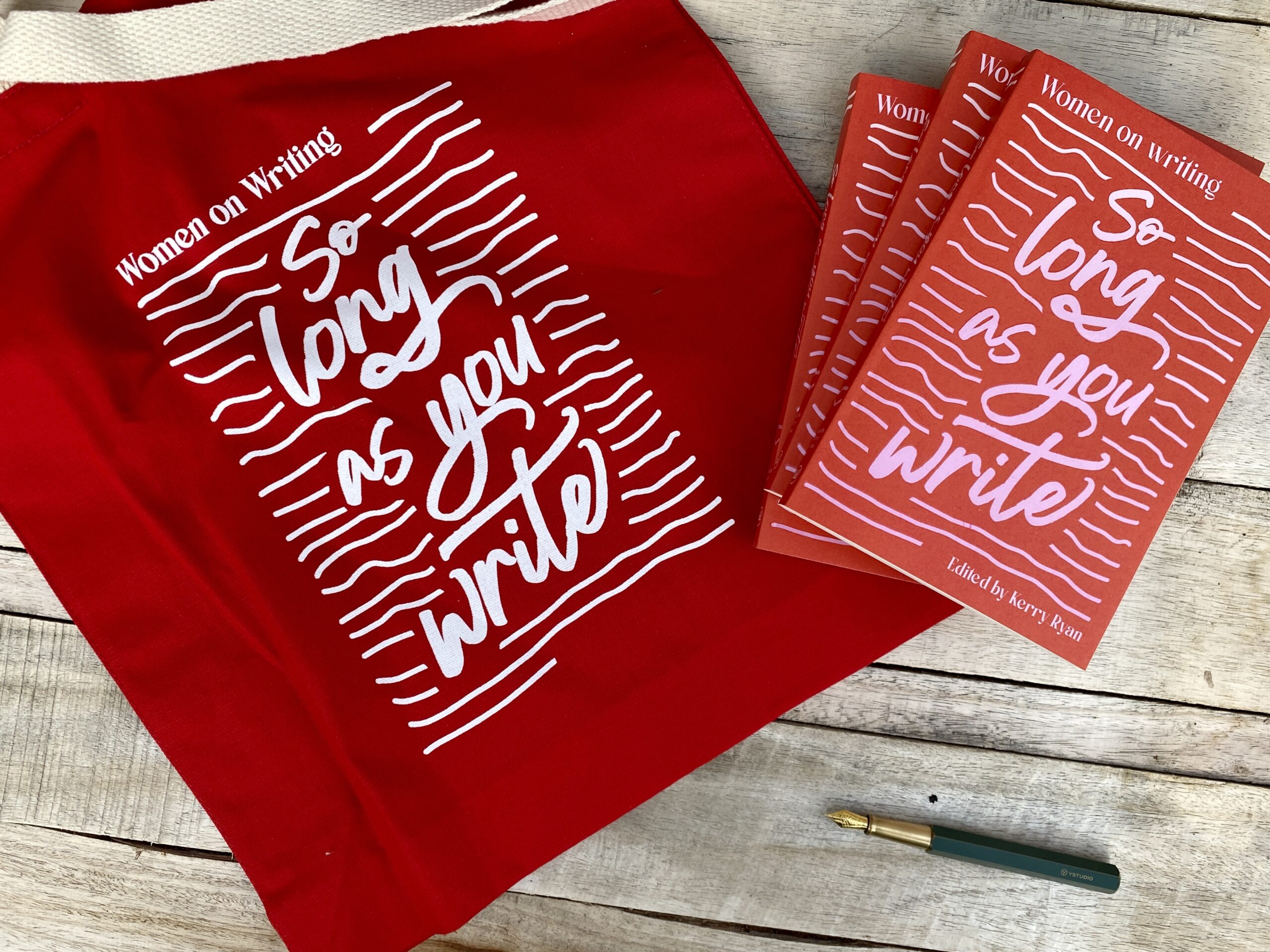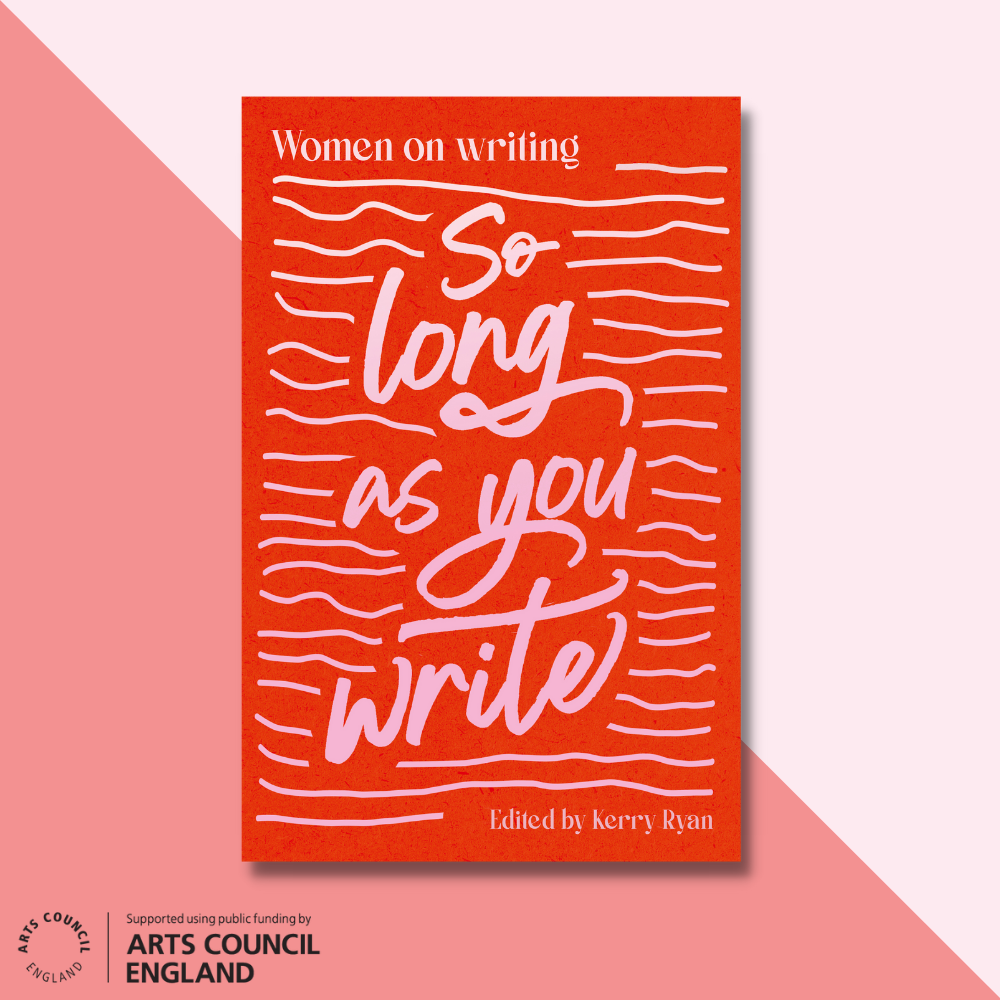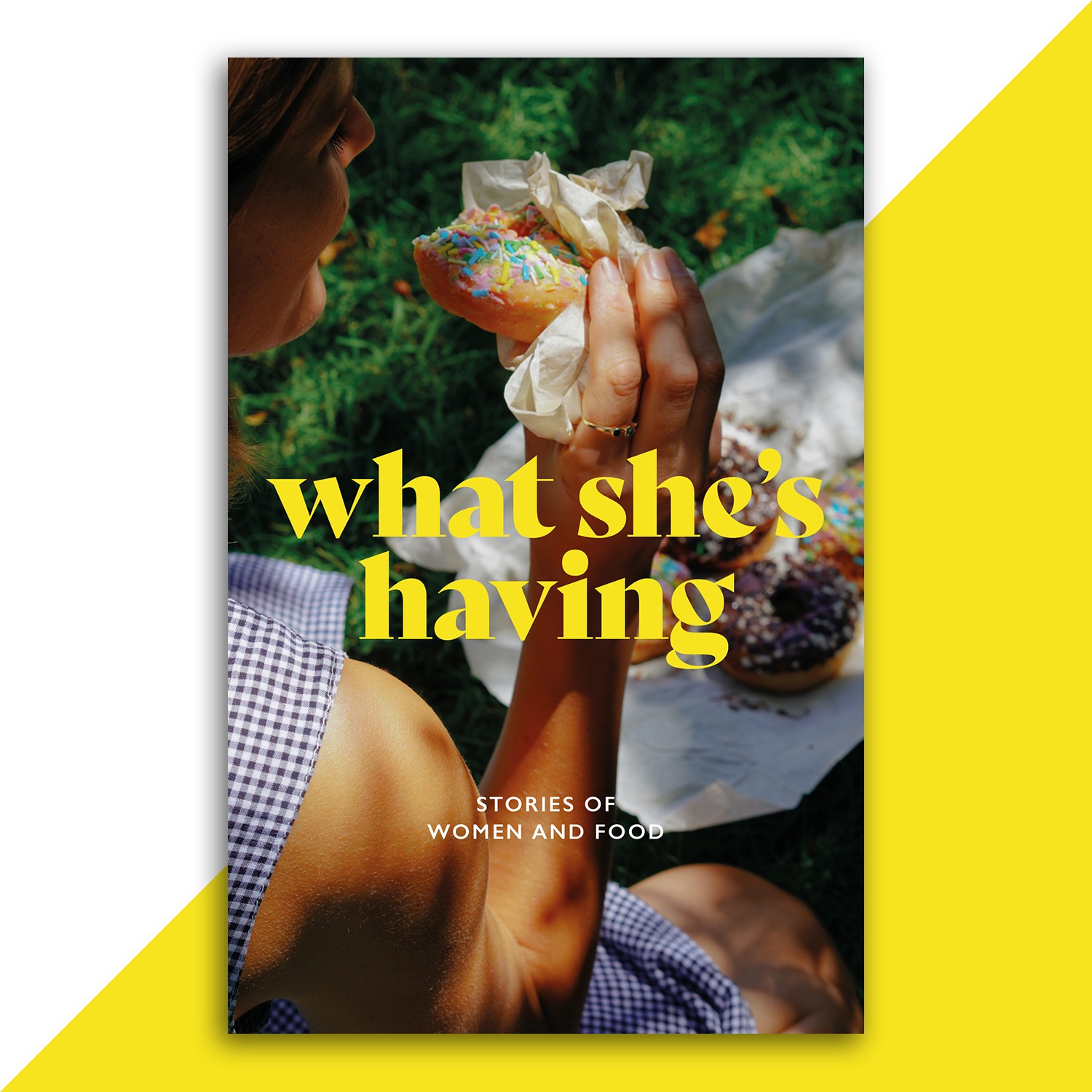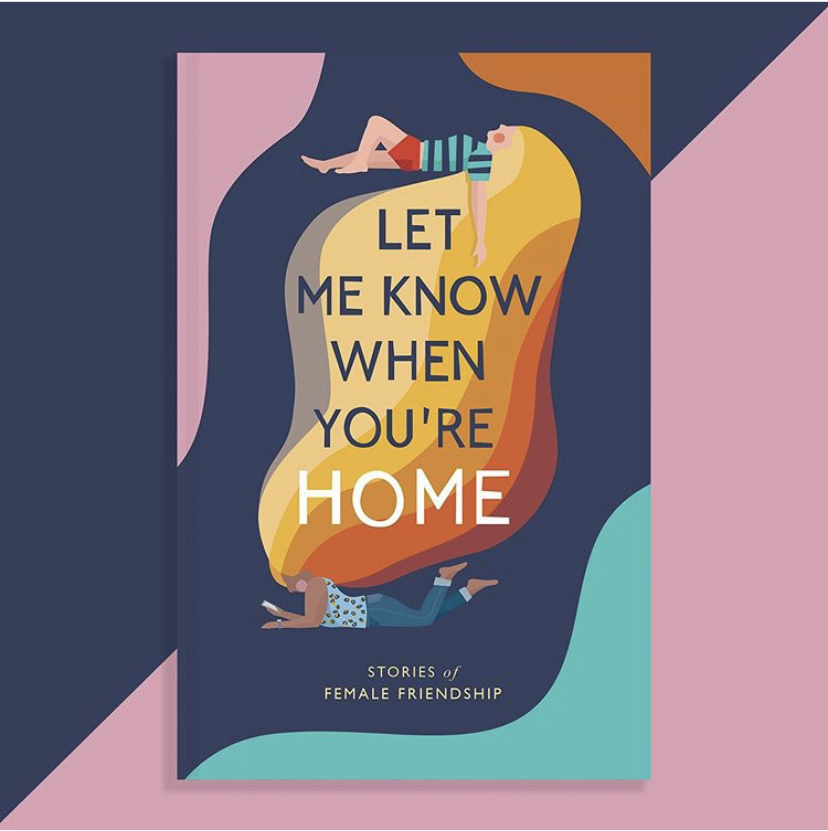The Mudlark
by Carrie Walsh
Lila was ankle deep in boggy sand on the banks of the River Thames. It was a stupid idea – for one it was too cold. Her nipples were erect and scratching against the nylon of her bra. The itch distracted her from what was important. She was going to discover something amazing today. She was going to sell whatever it was to a fancy collector of fancy things discovered in muddy bogs, and make her fortune. A bit of dinosaur bone, a rare Roman coin, maybe even a whole vase!
Lila sunk her booted foot into a particularly sodden area of sand. It made a terrible puckering sound as she tried to lift her foot out of the bog and into a more secure pebbled area. It was there she had hoped she would see something other than endless pieces of terracotta. The Thames lay out before her, a watercolour wash of ochre. Full of secrets, but mostly swirling sand and bacteria.
Mudlarking. To lark about in mud. To scavenge.
It was an excellent idea at first: armed with a plastic bin bag, some alcohol gel and baby wipes, she pulled on her grimiest wellington boots and hopped on the bus to Bankside. Surrounded by chilly tourists and school kids too, she braved the algae green steps outside the Tate Modern and descended the stairs with a sort of mad trepidation. The tide was almost out as far as it could go; the Thames slowly recoiling away to reveal centuries of pebbles. This was the matinee show. There were plenty of planks of wood glistening in the light, verdurous growths mottled around their base. Whole generations of bacteria clinging on to every single stone and pebble. A whole population of bacteria and germs! Lila picked up a flat piece of terracotta and attempted to skim it across the murky waters. She failed. With a delicate plonk it sank back down to the depths of the river.
Maybe all the good stuff has already been dug up, Lila thought to herself as she pulled on a plastic glove and squatted on the sand, observing yet more terracotta pieces and wet gravel.

No. Lila had to think like a proper mudlarker. She had to lark. Not just passively meander around pools of pebbles and lanes of flame-orange terracotta. She had to find her inner silliness, her inner mischief. She had to maraud. Potentially falling into the river had to be an option she was comfortable with.
Lila hobbled over to a particularly rocky part of the shoreline. Tongues of the Thames licked at the shoreline, lapping at her feet. Lila perched precariously on a piece of slippery ancient timber, part of an ancient port. She peered towards the opalescent river and noticed a cerise gerbera floating on a crest of a yeasty foam. She wondered who would discard such a pretty flower in such a disgusting river slicked with dirt and (hopefully) history. She plucked it from the waters. It was fresh. She looked either side and saw no jilted brides, or broken hearts.
She decided to place it in her five pence plastic bag. Lila had to start somewhere. She shook her tense shoulders, took in a gulp of heavy river air and meandered forth.
I could suddenly see everything. I was being a blind idiot before. These weren’t just bricks and pebbles and chipped terracotta bits . . . These were bricks that crashed into the river during the Blitz, the terracotta pieces were earthenware from taverns, the pebbles were splashes of colour dotted about like a Monet. Pointillism creating the bigger picture. I began to grow giddy with excitement, everything had possibility. Was the Thames half full or half empty at low tide? The seagulls kept mocking me. Alas, I pursued further – careful not to slip on slimy masonry – I passed concrete walls dripping with mossy chains, I headed under a few bridges, my sky full of ashy nuts and bolts and rolling, growling trains. Every time a flotilla of tourists sailed past, the Thames would hurriedly spew up more presents for me to see. Admittedly a lot of gritty sticks; coarse, like chunks of charcoal in an artist’s box, but amongst them I found my first shoe. She was bone white, like the crests of foam gurgling at the riverbed, and smelt like a damp garden centre. In the bag she went, with the flower, and a few pieces of blue and white ceramics. Old posh plates, got to be on to a winner there. Would make a nice mosaic in the bathroom.
Lila found the skull as the tide finally reached its lowest point. She initially suspected it to be a brown rock, hollowed out from erosion. She nearly trod on it, but one of the gulls squawked at her, almost to alert her to the macabre truth treading beneath her. It was half buried. The skull gazed up to the cloudy skies, seeing them for the first time in decades. Centuries. The skull was tea-bag brown, like it had been purposely aged as a theatre prop for Hamlet. The mouth was open, gasping for breath. Teeth painfully white against the dark edge of the bone.
Lila was ankle deep, slowly sinking into the sand. She didn’t really notice this time. She didn’t race to drag her feet out. She no longer felt the cold. There wasn’t anything silly, or mischievous about finding someone’s skull. Her mouth was dry and her eyes were itchy and uncomfortable in the breeze. She couldn’t scratch them and risk infection. So she scrunched them up and thought maybe when she opened them again that the skull would be gone, and a damp rock would be there in its place.
Nope. The skull remained.
Skull. Someone’s head. Someone’s face. The foam lightly trickled over the face, dousing the eye socket washing it, shampooing it. Lila kept her head bowed, her insides exsiccating. The river was sucking her dry. Skull. Her plastic bag with its miscellanea rustled by her side. She was suddenly very aware of her skin. Dry, itchy. Arid. That skull had skin once. Lila imagined the skin rotting away into the river, the river becoming liquid skin, molten with death––
She noticed another bright pink gerbera floating towards her, as she discreetly scratched her left breast.
Carrie Walsh | @walshlette
Carrie Walsh is a London Irish writer of poetry, plays and prose who has just completed a diploma in Creative Writing at Oxford University. Her primary focus is London’s social history, how it relates to contemporary life, and how we can learn from it. She is also obsessed with the River Thames and, tea.




